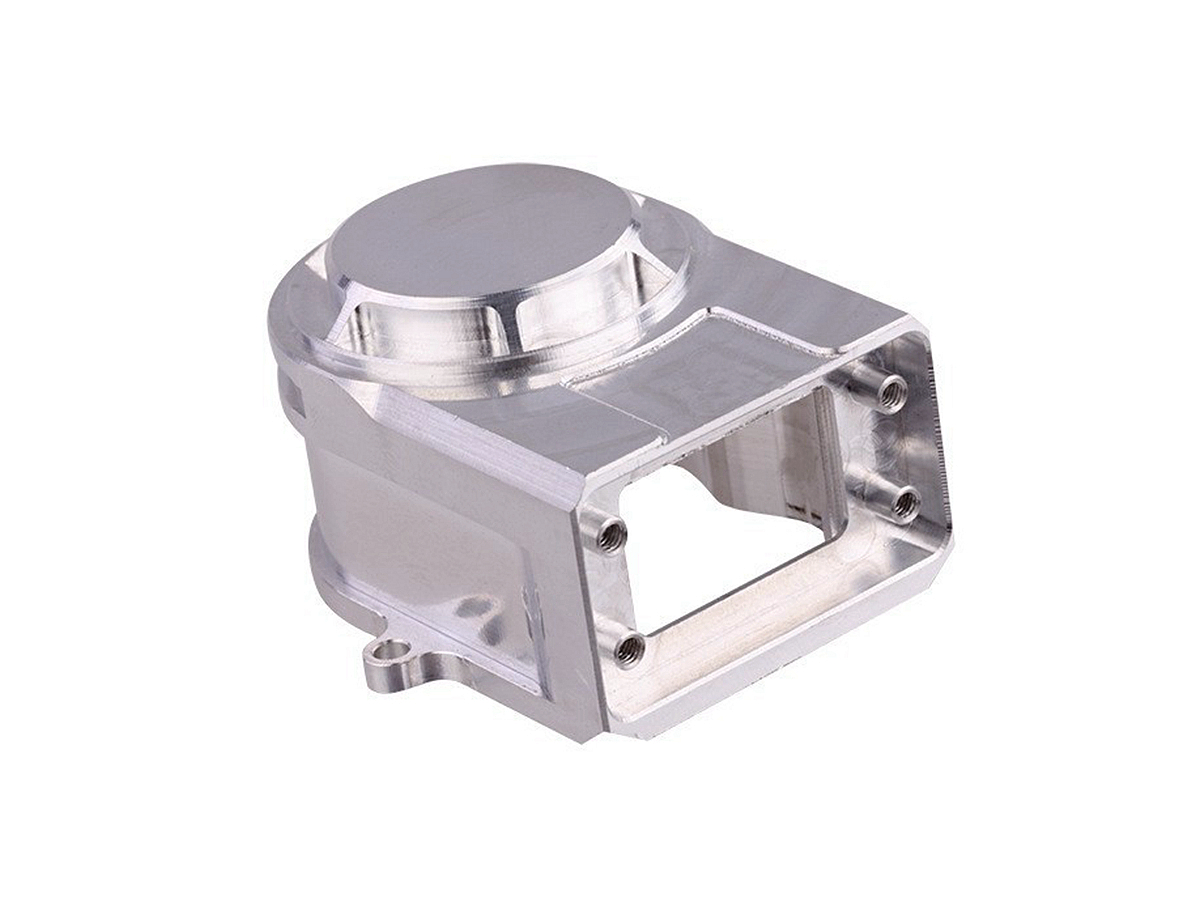Custom CNC Machining of Aluminum for Automotive Prototype Parts
Introduction
Rapid and accurate prototyping is crucial for innovation, product validation, and reducing time-to-market in the highly competitive automotive industry. Aluminum CNC Machining stands out among prototype materials due to its exceptional lightweight properties, superior machinability, and robust mechanical strength. Automotive engineers frequently leverage aluminum CNC machining services, allowing rapid iterations, detailed prototyping, and efficient development cycles. The ease of machining aluminum and its versatility empowers manufacturers to produce intricate and high-quality prototype components tailored specifically for automotive testing, validation, and refinement.
Our advanced CNC machining capabilities provide automotive clients with precision aluminum prototypes efficiently and accurately. By employing cutting-edge multi-axis machining service technologies, we achieve exceptional, accurate designs, ensuring prototypes meet stringent industry standards and rigorous engineering specifications. These components support functional testing and evaluation and validate critical design elements, facilitating smoother transitions from prototyping to full-scale production.
Available Machining Process
We offer an extensive range of CNC machining processes specifically optimized for aluminum automotive prototypes:
CNC Milling Service: Utilized for producing detailed, complex geometries with high precision and surface quality.
CNC Turning Service: Ideal for cylindrical components such as shafts, pistons, and connectors.
CNC Drilling Service: Essential for accurate hole placement and precise dimensions critical in assembly processes.
Multi-Axis Machining (3, 4, and 5-Axis): Facilitates intricate design capabilities, tighter tolerances, and rapid production of complex automotive prototype parts.
High-Speed Machining (HSM): Reduces machining time, improves surface finishes, and minimizes thermal deformation, essential for sensitive aluminum alloys.
Typical Aluminum Alloys in Automotive
Several aluminum alloys dominate automotive prototyping, each with distinct advantages:
Aluminum 6061: Widely used due to its excellent machinability, corrosion resistance, and structural integrity, ideal for general-purpose automotive prototypes.
Aluminum 7075: Known for superior strength, hardness, and durability, making it ideal for structural and high-load automotive prototypes.
Aluminum 5052: Preferred for its excellent formability, corrosion resistance, and suitability for automotive panels and brackets.
Aluminum 2024: Provides high fatigue resistance and strength, suitable for structural prototype components.
Aluminum ADC12 (A380): Excellent fluidity and castability, often selected for automotive components requiring complex shapes.
CNC Machinability of Aluminum
Aluminum’s excellent machinability is characterized by its softness, lightweight, and thermal conductivity. These properties result in reduced cutting forces, increased tool life, and quicker machining cycles, providing significant production efficiencies and reducing overall prototyping costs. CNC machinability enables highly accurate dimensions, intricate detailing, and precision surface finishes critical for prototype validation.
Aluminum Machining Considerations
Effective aluminum CNC machining requires consideration of several critical factors:
Tool Selection: Specialized tooling, including carbide or diamond-coated tools, reduces wear and ensures consistent quality.
Cutting Speeds and Feeds: Optimized parameters prevent excessive heat buildup and ensure dimensional accuracy.
Coolant Management: Proper coolant usage is essential for temperature control, preventing deformation, and improving surface finish.
Fixture Stability: Secure workholding ensures precision, especially for thin-walled components susceptible to deformation.
Common Surface Treatments
Appropriate surface treatments enhance aluminum prototype durability and aesthetics:
Anodizing Explained: Provides corrosion resistance, improved wear resistance, and aesthetic enhancements.
Powder Coating for CNC Machined Parts: Offers robust protection against environmental factors, enhancing durability and visual appeal.
Surface Perfection (Sandblasting): Delivers a uniform, matte finish, ideal for prototype aesthetics and reduced glare.
The Art of Polishing CNC Machining Parts: Achieves mirror-like finishes, essential for aesthetic-focused automotive components.
Alodine Coating: Offers essential corrosion protection specifically optimized for aluminum CNC parts.
Applications in Automotive Prototype Parts
Precision CNC machined aluminum prototype components are integral to various automotive applications, including:
Engine Components: Intake manifolds, pistons, and housings, benefiting from aluminum’s heat resistance and lightweight properties.
Transmission Parts: Lightweight casings and precision components optimized for durability and reduced vehicle weight.
Suspension and Chassis Components: Durable brackets, mounts, and control arms, enhancing performance and efficiency.
Interior and Exterior Trim: High-quality aesthetic components requiring precise surface finishes.
Advantages and Limitations
Advantages:
Exceptional strength-to-weight ratio.
Rapid prototyping cycles.
Superior corrosion resistance.
Cost-effective prototyping.
Limitations:
Reduced wear resistance compared to harder metals.
Potential deformation risks under extreme mechanical stresses.
FAQs
Why is aluminum the preferred material for automotive prototype machining?
Which CNC machining techniques produce the highest quality aluminum prototypes?
How do surface treatments benefit aluminum automotive prototype parts?
What challenges can arise when CNC machining aluminum components?
Which aluminum alloys are most effective for automotive prototypes?

